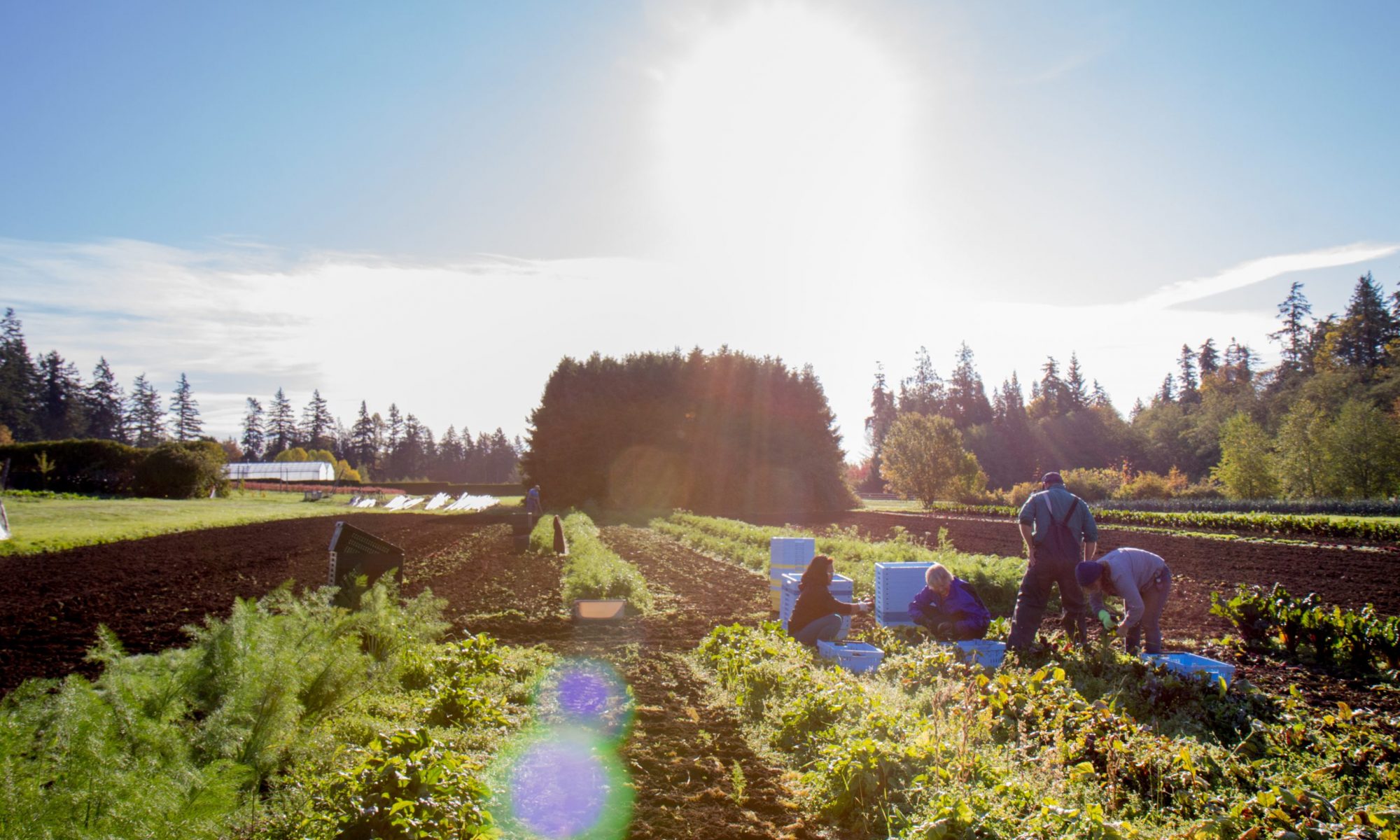Mitacs Accelerate Updates
Mitacs is pleased to share a few updates about Mitacs Accelerate! Accelerate supports collaborative research internships between students, faculty members, and non-academic partners.
- Undergraduate students are now eligible again for Mitacs projects.
- SME companies (less than 500 employees) and NFP are eligible to SME discount (while quantities last). With this discount the contribution of the first 4-6 months per student is only $3,750.
- Eligible partner organizations include companies, not-for-profit organizations. Municipalities and hospitals are now eligible partners again in 2021. Mitacs | Hospital
- Industrial Postdoctoral fellowship is back. This programs offers funding of up to $60k per year with a $30k contribution from the partner (or $25k contribution with the SME discount applied).
- If projects involve non-academic partners or students that self-identify as Indigenous, then the program offer 3:1 matching! (partner contributes only 25%) Mitacs | Indigenous Call
- Applications are accepted any time, reviewed in 6-8 weeks, and have >95% success rate as always.
Mitacs representatives are available to support – looking forward to discussing research partnership opportunities with you.


